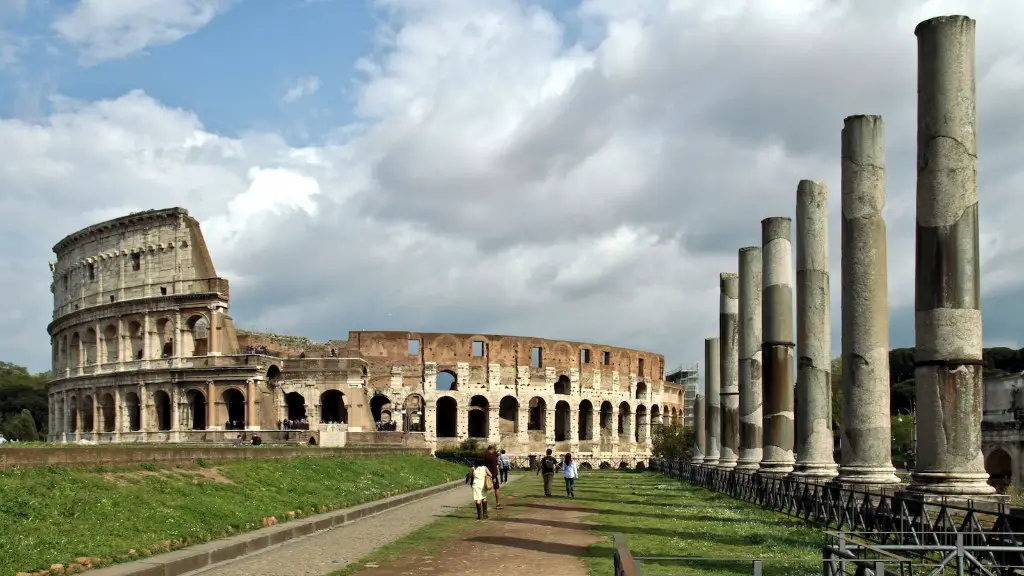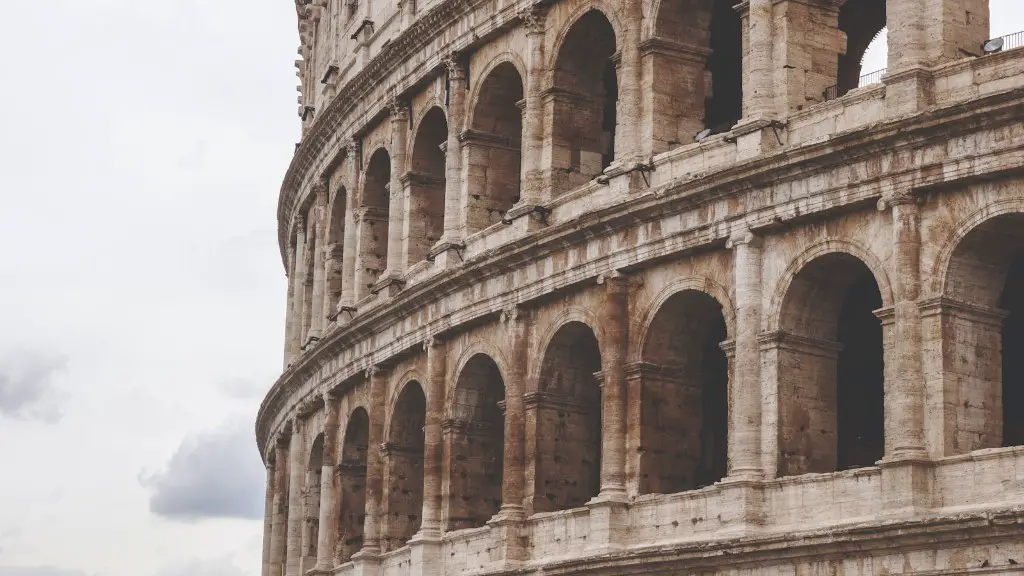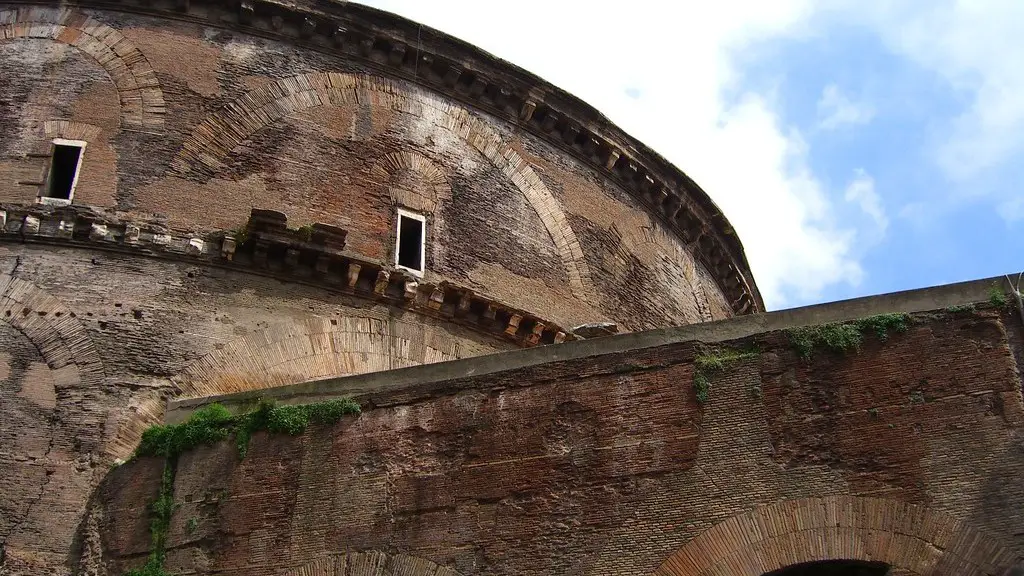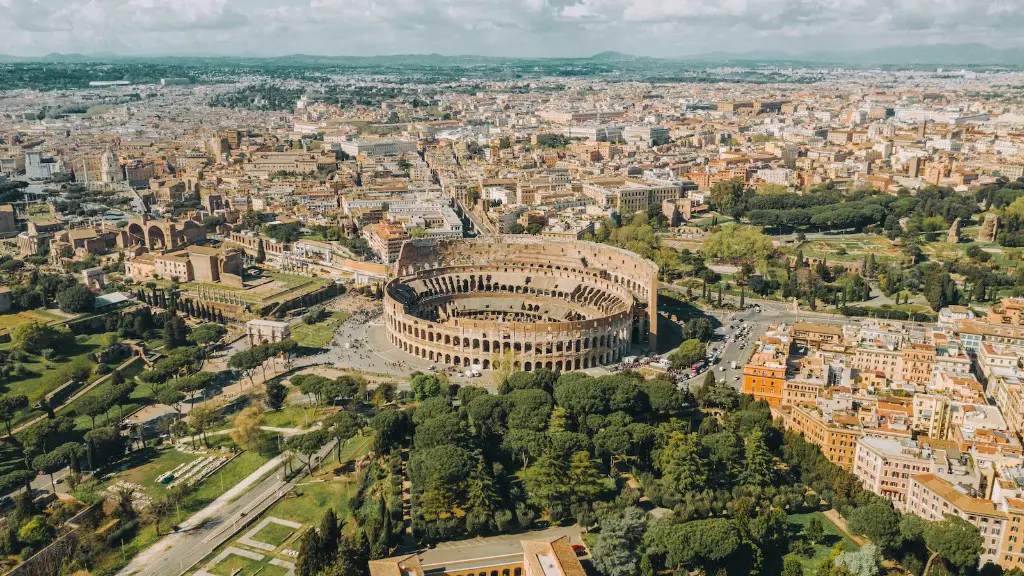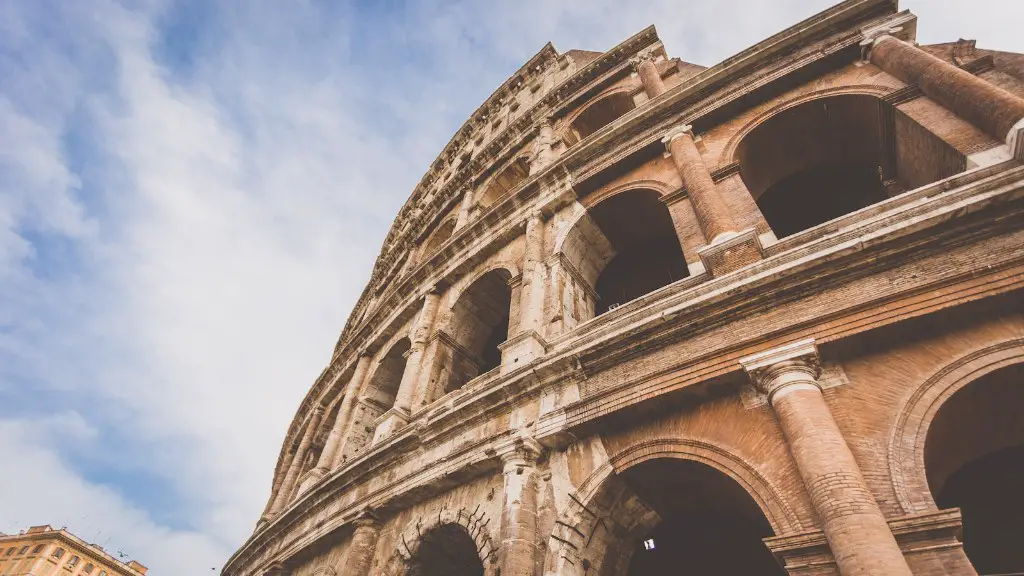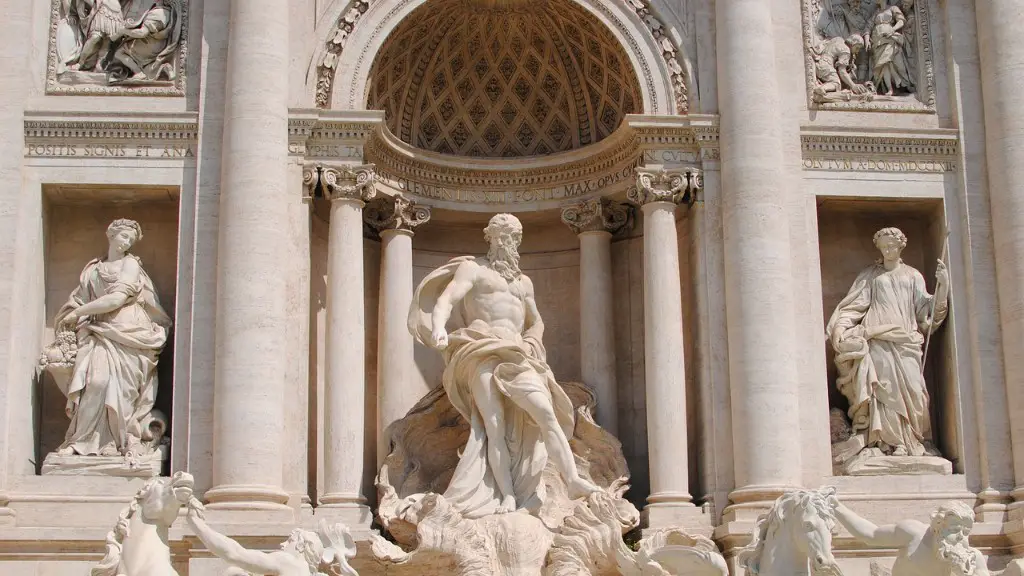At the core of Rome’s social structure were two main groups: the patrician and the plebians. The patrician citizens lived in the highest social echelon while the plebeians were the vast majority of inhabitants. Plebeians were not just any citizens but played an important role in the development of ancient Rome.
An essential part of the Ancient Roman laws, the Twelve Tables of Rome, formed the core of the Roman legal system and this law was written specifically for the plebeians. This law granted plebeians rights to legally marry and inherit properties, to seek legal redress, and to have a sense of security. No other law before this time had ever given the plebeian class such status in society or the legal system. This gave plebeians a newfound freedom because they were not held captive by debt or prejudice.
The growth of plebians had a direct correlation to the rise of Rome. Plebeians were fundamental in providing manpower for the legions as they were the main pool of potential soldiers. They also provided sources of taxation, through land and tithe, to finance Rome’s armies and activities. Furthermore, they provided manual labor in times of Roman expansion and imposed laws.
In 438 BC, the Plebeian Council was created especially for plebeians. This gave them face-to-face access to government decisions, which they could now participate in or challenge, allowing plebeians to make decisions regarding the legislation and government. This form of direct democracy was a powerful tool that gave plebeians a chance to influence the political balance of Rome. The Plebeian Council also gained access to the senate and allowed them to present their perspectives in this governing body.
Plebeians were also responsible for endorsing or vetoing the political candidates chosen by their respective wards. This system of voting provided a voice for the everyday citizens and was an essential form of Romanesque democracy. It was through this system that plebeians had a say in who rules Rome and how it was run.
The plebeians were also responsible for many government contracts. Plebeians supplied the upper classes with a ready labor force, providing much-needed services such as farming, road maintenance, transportation, and supplies. Moreover, The Jews, Etruscans, and Sabina provided a wide array of goods and services to the Plebians and Patricians alike.
The role of plebeians in Ancient Rome was not just a mere footnote in history but was a major factor in the growth of Rome. It was through their hard work, labor, and commitment that Rome was able to expand its power and influence in the Mediterranean region. Without the help of the plebeians, Rome would have not have become one of the most powerful empires in the world.
Decline of Plebians
As the power of the Roman Empire spread to all parts of the Mediterranean, the rights of the plebeian class inevitably declined. The Roman oligarchy continued to suppress the rights of plebeians and bar them from positions of leadership in the government and military. The laws of the Twelve Tables were all but forgotten and plebeians were increasingly subjected to high taxes that created a large gulf between the rich and the poor.
The gap between the rights of the patrician and plebian classes only increased during the reign of Julius Caesar. His military campaigns caused a large amount of financial hardship for the plebeians, as just to fund them, taxes had to be increased, leading to higher costs of living. This gradually pushed the plebeian class into a lowly, powerless status that accumulated into the decline of the class.
The overall decline of the plebeian class can also be accountable to the near extinction of the Plebeian Council, the last stand of the plebeians against their patrician oppressors. With their legal and political power gone, their only option was to work as laborers, but they were still subject to immense taxation and they lacked any rights of self-determination.
The decline of the Roman Empire itself also caused the demise of the plebeians. As Rome’s power waned, it was unable to defend its cities and people from invasion, leaving many of the plebeians vulnerable and subject to subjugation by foreign powers. This led to an even further decline in the power of the plebeian class as it was pushed further and further into the margins of Roman society.
Legacy
The legacy of the plebeians in Ancient Rome is one that left an indelible mark on the Roman Empire. Despite their power and rights being usurped over time, the plebeians still managed to shape the development of Rome into one of the most powerful civilizations in history. Their contributions to the government, law, military, taxation, and commerce left a lasting legacy that still resonates to this day.
In addition to the direct contributions that the plebeians made to Rome’s success, their legacy can be seen in the form of the explicit granting of rights to the lower classes. These rights were enshrined in the Twelve Tables and were the root of the concept of citizenship in Ancient Rome. This system of rights created the beginnings of a concept that would later evolve into the modern system of democracy in the Western world, granting all citizens a seat at the table.
Although their power was ultimately usurped by their patrician counterparts, the plebeian class in Ancient Rome left an indelible mark on the development of the Roman Empire. Their desire for freedom and rights, their willingness to work and contribute, and their sacrifices for the Roman people will always be remembered and remembered as one of the key forces that forged the greatest Empire in the Western world.
Marraige Equality
Before the Twelve Tables, there was virtually no protection for plebeians when it came to marriage and marriage laws. Arbitrary laws and regulations meant that plebians were not able to marry who they wanted with no protection for them. The Twelve Tables changed this giving plebians the right to marry who they wanted and made it illegal to take someone’s potential spouse away from them.
This was a major step forward for plebeians as it gave them a sense of validity and freedom to express their love. With the birth of marriage equality, the plebeian class felt a new level of respect as they were no longer subjugated by the laws of the patricians but were given the same level of rights. This gave plebeians the chance to find companionship and love and not be discriminated against by the higher classes.
The role this law had in Roman society could not be understated as it laid the groundwork for the emancipation of the plebeian class. Now plebians could marry who they wanted without fear of retribution from the government and could now be certain that their love was respected and recognized by Roman laws.
The Twelve Tables not only provided equality for plebeians but also for women. For the first time, women were legally bound by Roman laws and this was a major step forward for gender equality in the Roman Empire.
In effect, the marriage equality provided in the Twelve Tables was a critical aspect of the plebeian class’s status in Roman society. It provided them with the respect and freedom to love who they wanted and the right to be treated like an equal under the law.
Economic Impact
Before the Twelve Tables, plebeians had no real stake in the wealth of Roman society. As the Roman empire grew, so did the wealth of the patrician class as they held the vast majority of the wealth and resources. Plebeians provided funds but had no legal share in the accumulated wealth.
However, with the Twelve Table, plebeians were able to inherit wealth from their family and accumulate their own fortunes. A multitude of laws surrounding taxation and inheritance were enacted to guarantee the rights of the plebeian class and the accruing of the wealth. This allowed more plebeians to rise up to the upper classes, giving them upward socio-economic mobility.
The economic impact of the Twelve Tables was one of the most significant milestones in the history of the Roman Empire. This law ensured that the wealth of the Roman Empire was more equitably spread throughout society, allowing plebeians to acquire wealth and property themselves. This opened many doors for plebeians that weren’t available to them before.
In essence, the Twelve Tables gave plebeians the opportunity to have a better life and for some, the possibility of a better future. It not only changed the course of Roman history but also the course of their individual lives, giving them more power and control over their finances and their lives.
Educational Opportunities
The educational opportunities available to plebeians in Ancient Rome were extremely limited. The plebeians were excluded from the education of the upper classes and were heavily reliant on their own resources to gain a proper education. With the enactment of the Twelve Tables, this changed.
The Twelve Tables guaranteed the right to education and learning to the plebeian class. This gave plebeians access to a much wider range of educational activities and topics that they otherwise would not be able to access. This gave plebeians the chance to strive for something more than their current lot in life and strive for something greater.
Furthermore, even though the elite classes still had the upper hand in education, this was a major step forward for the plebeian class as it provided them with the chance to explore and expand their knowledge. This in turn provided them with the skills needed to become successful in the Roman society and to be able to provide for their families and themselves.
The educational opportunities promised by the Twelve Tables was one of the most influential decisions in the history of the Roman Empire. It gave plebeians the chance to learn and achieve something more and pushed them forward in a way that had never been seen before in Ancient Rome.
Modern Parallels
As the age of Ancient Rome is long gone, its actions live on in modern society today. The legal rights enshrined in the Twelve Tables gave plebeians a newfound power and agency which bares a striking resemblance to modern society.
The concept of citizenship, equality under the law, and the right to education all trace their roots back to the Twelve Tables. Furthermore, the idea of giving everyone a say in how the government was run was revolutionary at the time and still persists today in the concept of democracy.
The Twelve Tables was an incredibly influential document for the Roman Empire and its influence can still be seen today in our modern society. It taught us the value of respecting the rights of all citizens and of allowing everyone equal rights under the law. It is through this document that our modern society has been shaped and defined.
